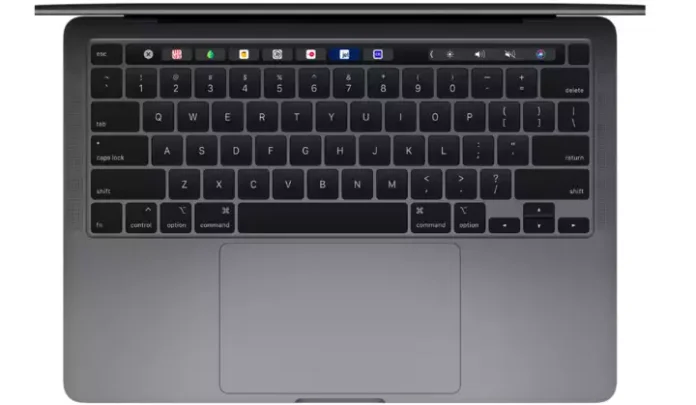The final endorsement has been given by a US federal court to Apple’s class-action settlement worth $50 million, an agreement reached in July 2020. This settlement rectifies accusations of Apple obscuring the unpredictable performance of keyboards on MacBook, MacBook Air, and MacBook Pro models launched between 2015 and 2019.
In a ruling given on Thursday, Judge Edward Davila acknowledged the settlement addressing Apple’s controversial “butterfly” keyboards as “fair, adequate, and reasonable.”
As part of this resolution, MacBook users who suffered due to these keyboards are set to receive compensation varying from $50 to $395. In his statement, Judge Davila pointed out that in excess of 86,000 payment claims were lodged by the class action members before the March deadline.
Apple first introduced the butterfly keyboard in the 12-inch MacBook in 2015. Jony Ive, the then chief designer, contended that this design would empower the company to produce sleeker laptops without compromising on stability or typing experience. Yet, as the butterfly keyboard became a standard feature in more Apple’s laptops, users found it susceptible to dust and debris.
MacBook models manufactured between 2015 and 2019 came equipped with the butterfly keyboard, which tended to fail under regular use. Accumulation of dust, dirt, or even crumbs could render keys stuck or non-functional, prompting a lawsuit.
To enhance durability, Apple made several modifications but eventually switched back to the traditional “scissor switch” design, evident in the 16-inch MacBook Pro released at the end of 2019.
The settlement agreement does not necessitate Apple admitting any fault. An appeal from members of the class action seeking a proposed payment of $125 for a specific group was dismissed. The judge also turned down the demand for recompense from MacBook users who experienced keyboard-related issues but did not avail of Apple’s repair services. The timing for the payment to claimants remains uncertain, yet lawyers engaged in the case are keen to disburse the funds to their clients.






































![Best Gaming Keyboards Under ₹2000 in India [2025 Edition]](https://ibixion.com/wp-content/uploads/2025/05/universal_upscale_0_e88e4495-cad7-4ea6-a771-51cbbabcf328_0-324x160.jpg)



![Best ways to Watch Cartoons Online: Free & Paid [Website List] watch cartoons online](https://ibixion.com/wp-content/uploads/2020/05/small-boy-with-down-syndrome-watching-cartoon-on-tv_t20_oRlole-1-100x70.jpg)




![BombSquad Promo Code [400* Free Ticket] Latest & Updated](https://ibixion.com/wp-content/uploads/2017/05/bombsquad-promo-code-main-100x70.png)